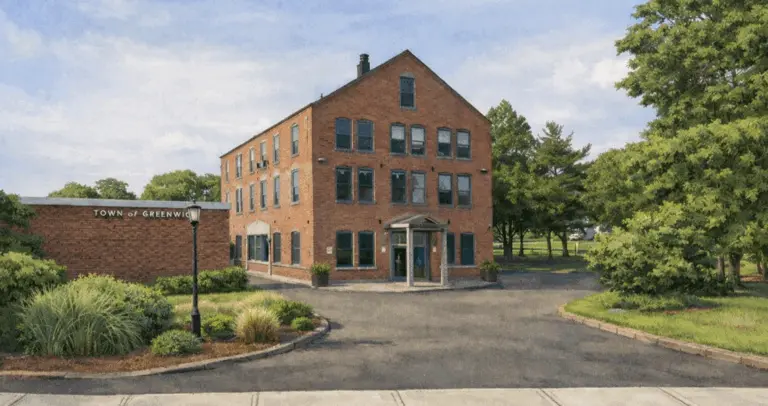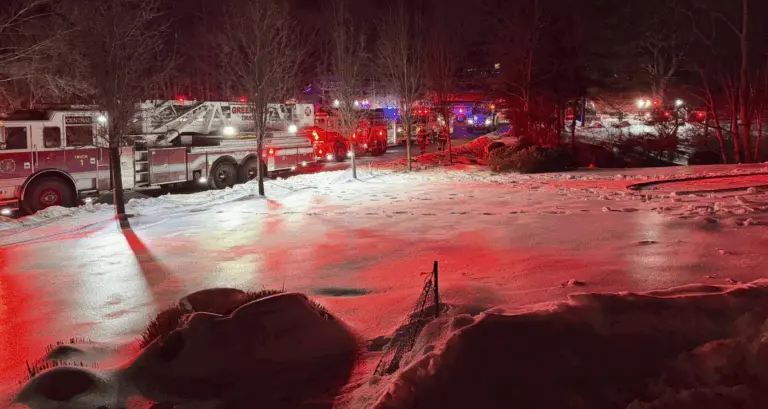In the days after an election, we’re reminded of a simple truth: winning an election is not easy; governing well is even harder. Here in Greenwich, victory in any contest—whether local or national—comes with more than a title; it brings a duty to serve every resident, regardless of where they stood at the polls. In a town where hundreds step forward to serve, often without pay or recognition, this is no abstract principle—it’s how we operate on a daily basis.
And hot on the heels of the election earlier this month will be local elections here in town. Some will be for paid positions, most will be for volunteer positions.
Greenwich is unique in its governance. The town’s Representative Town Meeting (RTM) alone is made up of 230 members, all volunteers. These individuals are not career politicians; they’re our neighbors, stepping up from every corner of our community to represent their districts in decisions that impact our daily lives. This is democracy at the granular level, and it requires an extraordinary degree of commitment, cooperation, and respect. Each member of the RTM serves not for personal gain but for the purpose of doing their part in shaping a stronger Greenwich. Add to that the work of the Board of Estimate and Taxation (BET), the Board of Education (BOE), and dozens of other commissions, and the picture is clear: Greenwich thrives because of its volunteers.
When we turn on each other, the results are as predictable as they are disastrous. Gridlock sets in, and priorities fall by the wayside, casualties of the fixation on being right rather than doing right. Needs go unmet, problems compound, and the essential work of serving the community is left to languish. We cannot afford, nor should we tolerate, a return to this kind of paralysis.
First Selectman Fred Camillo knows this well. As a lifelong resident and a public servant with decades of experience, Camillo understands the value of collaboration and humility. His work to get things done is most effective with the help of the very people who volunteer their time on committees and boards. He also understands the incredible value of public/private partnerships. That understanding is crucial because, in any community, the strength of leadership is not in how loudly one speaks but in how effectively one listens. And listening, especially to those who did not vote in favor, takes maturity and focus. Selectwoman Lauren Rabin also understands this. Both have written numerous columns for the Sentinel discussing this very issue.
It’s easy, in times of victory, to forget that winning an election does not mean winning over every heart. But that’s precisely why leaders and supporters alike must practice something that may seem rare in politics: humility. A genuine leader, as Greenwich has demonstrated time and again, is not measured by election results alone but by how they carry the weight of the office afterward. A town as volunteer-driven as Greenwich deserves leaders who respect this spirit of service.
When elections end, supporters have a role that’s as important as the one candidates played on the campaign trail. Winning doesn’t mean silencing opponents; it means engaging them. Greenwich has seen, through countless local issues and debates, that real progress emerges when differing perspectives come together, not when they are brushed aside. Supporters and leaders alike should resist the temptation to revel in victory by dismissing other voices. Instead, they should lean in closer, hear out differing views, and recognize that today’s victory is no permanent endorsement. It’s merely a moment, one that tomorrow’s work will define.
And there’s a practical lesson here, as well. The strength of Greenwich is not in any single election outcome but in the willingness of its residents to volunteer, to contribute without pay or special privilege. It’s this commitment that holds our community together—more than any political slogan ever could. We have hundreds of volunteers working through the RTM, the BOE, the BET, the Republican and Democratic town committees, and countless other groups. This spirit of service is not just an ideal; it’s a necessity. Without it, Greenwich wouldn’t function as well.
Winning an election is a brief event; building a community that works for everyone is the ongoing task of each resident who steps forward to serve.


